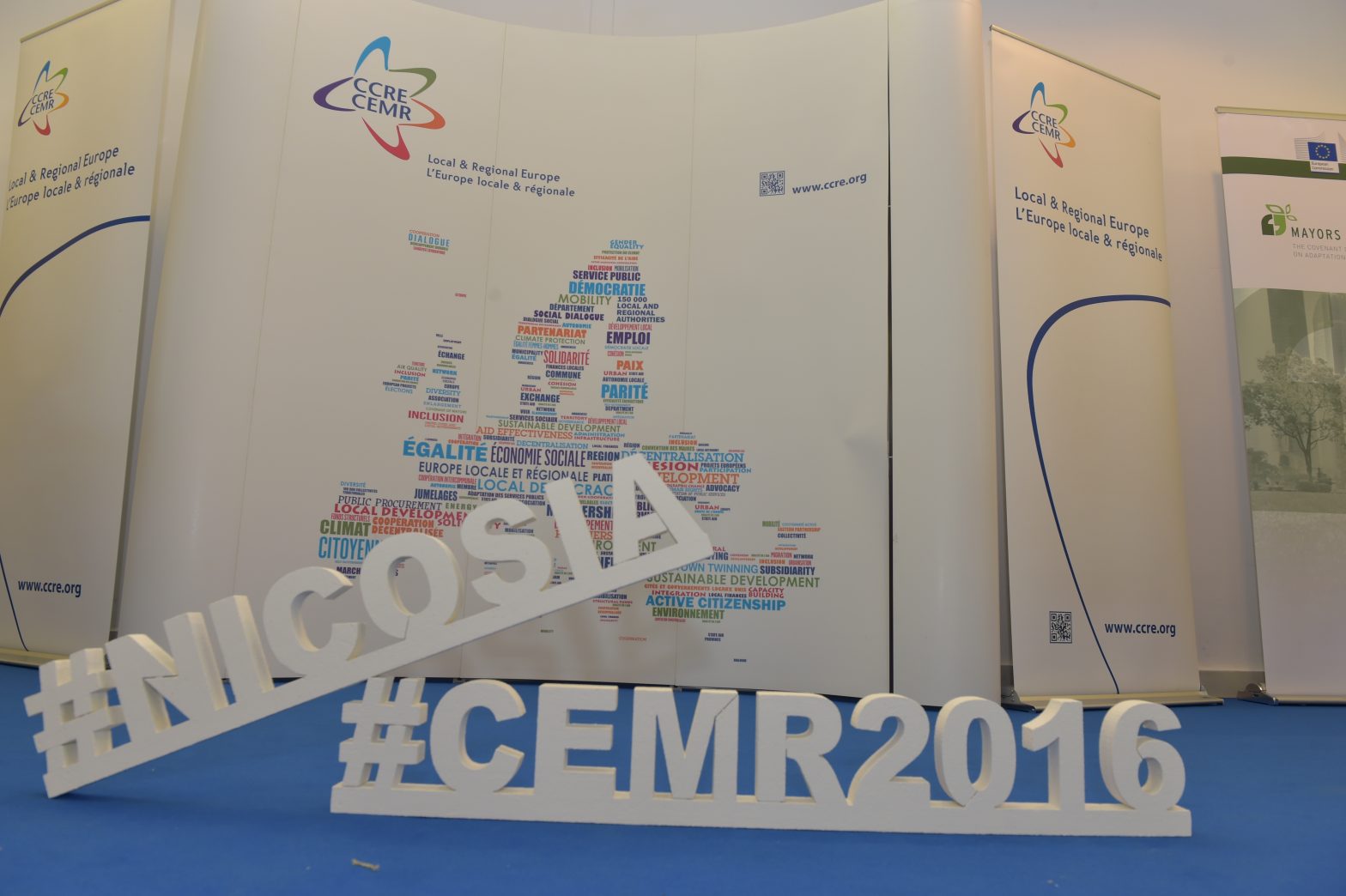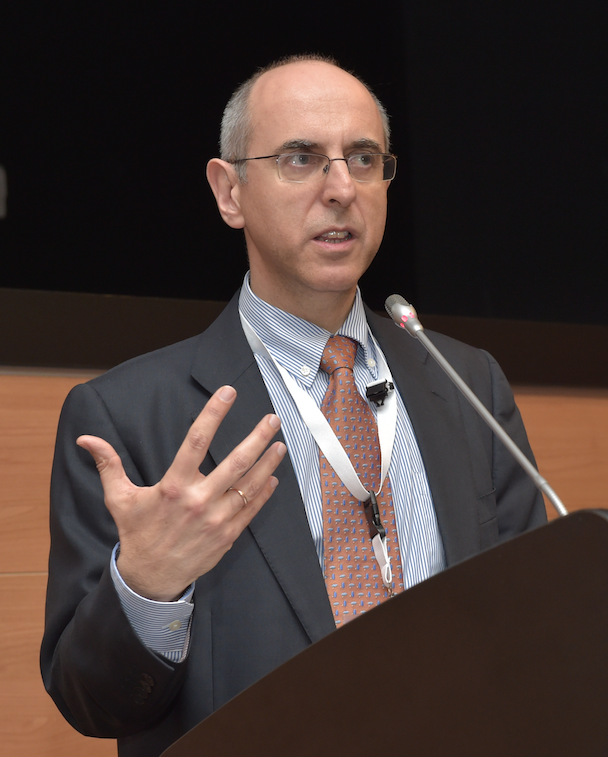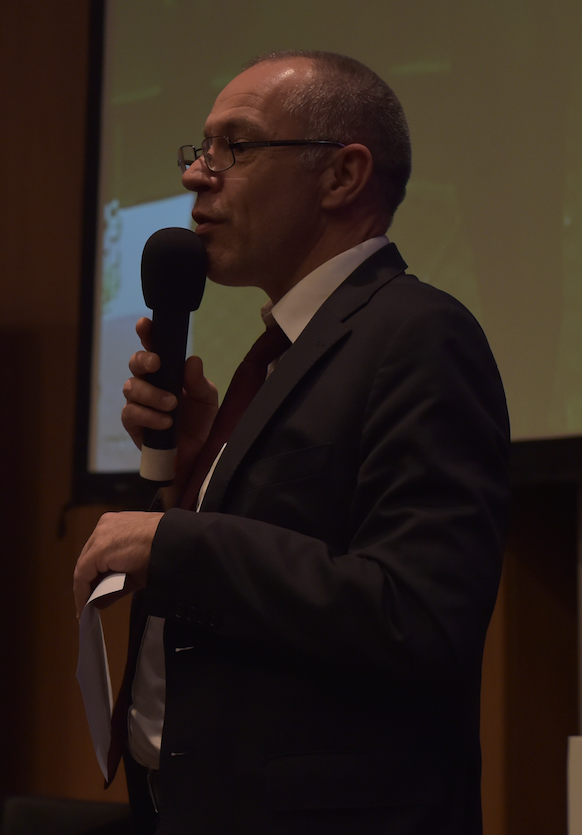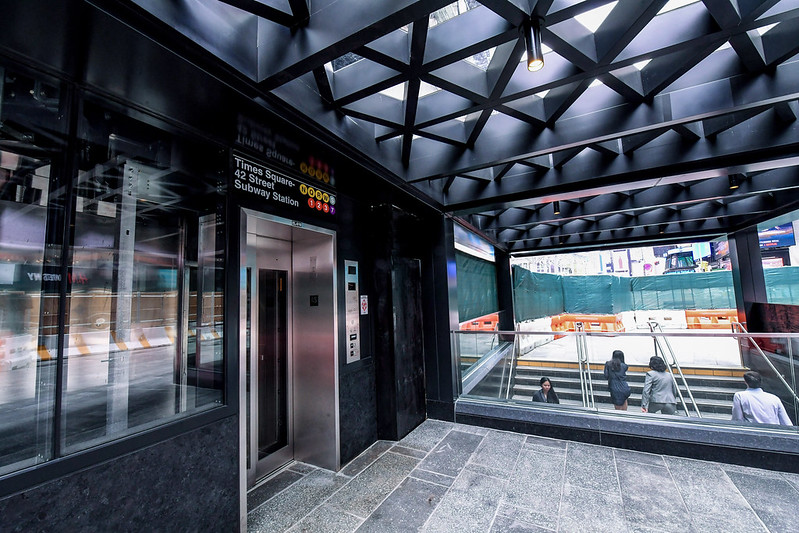
Photo: 26286278750_96d6e5827f_o
Three things we learned at CEMR Congress, Nicosia
08 May 2016
by Jonathan Andrews
- Can technology reduce corruption?
After embroiling several government leaders from around the world, including the resignation of the Prime Minister of Iceland, the Panama Papers and corruption were a hot topic. It was notable then that a mayor from Iceland, Eiríkur Björn Björgvinsson, from the city of Akureyri, opened a session on local governance and corruption.
He outlined how, since 2012 when a code of ethics was signed, local government has moved to participatory budgeting, and his council now includes a citizens’ board of seven to nine members to boost transparency and reduce corruption.
“We have to win back the trust of the people,” he said. “But we also have to get people to show up, that’s why we have increased online access to meetings, discussions and information, to get them to participate online.”
The question of trust was echoed by Diana Lopez, Head of Local Government Unit, UN-Habitat, who said that while Europe’s economies may be slowly recovering, the confidence of the public has not yet fully recovered.
- Reviving city finances
With a raft of European agencies, departments and programmes all offering funds and financing, it can be confusing for cities to know where to begin or how to access these funds. Gerry Muscat from the European Investment Bank (EIB) highlighted his bank’s framework loan as the standard.

“The framework loans are like the iPhone, they are the standard loans for financing, yet a lot of cities don’t know how regional framework loans work,” he said.
Word does seem to be getting out as Muscat revealed that between 2005 and 2015 the bank signed 71 loans–with cities over 75,000 people–totalling over €7.5 billion of EIB infrastructure investment. Muscat stressed that the loans support the EU’s structural funds and are in no way there to replace them. Their makeup may also change in the future to adapt to cities’ needs.
“We are thinking of including a thematic focus to the EIB loans like smart city, mobility or climate change loans,” he added.
- Foolish ideas are welcome
No declaration was signed at the end of the Congress that saw 30 sessions over two days covering issues from EU integration, culture, business, and innovation. It was stressed by Constantinos Yiorkadjis, the Mayor of Nicosia–the last divided European capital–that a creative economy can only be achieved if citizens are free, unafraid and trust their local leaders.

Frédéric Vallier, CEMR Secretary General, introduced CEMR’s project to prepare a bluebook with towns and regions’ suggestions to reinvent a Europe that will be able to face current challenges.
“In 1949, when the Council of Europe was created, it was seen as a foolish idea,” he said. “Well, we want to take all contributions and ideas. This text will be discussed in the next policy meeting and given to the EU and its leaders. In this way it will be more useful than a declaration that we adopt and just sit on. We shouldn’t underestimate our capacities to reinvigorate Europe.”
——
The Council of European Municipalities and Regions (CEMR) Congress takes place every four years. Nicosia, Cyprus hosted this edition where over 500 participants from local and regional elected representatives and experts, European institutions, national governments, academics, and partners from the civil society and the private sector took part in the three-day discussions.











